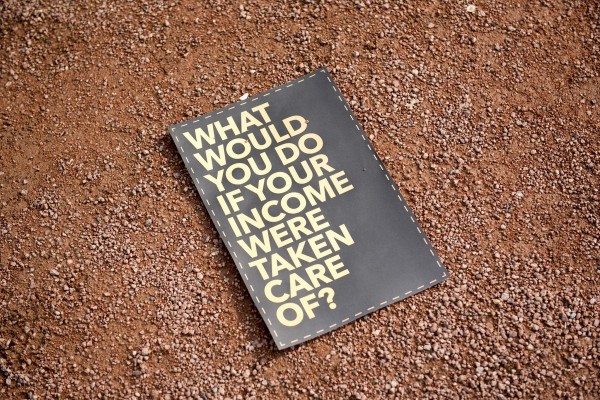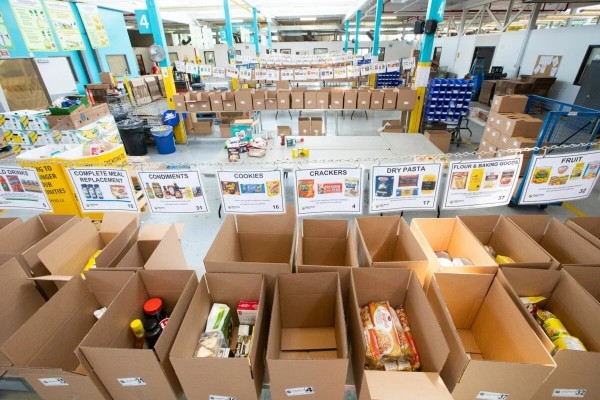Vancouver needs a real housing solution, not more for-profit exploits
Left unchecked, developers will continue to squeeze working people out of increasingly expensive urban centres

Vancouver is one of the most expensive and unaffordable cities in the world. Photo by Spencer Watson/Unsplash.
Corporations exist for one reason: to make profit for their shareholders. Sure, some sponsor charity runs, others offer scholarships to underprivileged kids, and a few splash their names on international “good will initiatives.” But if these programs didn’t have a measurable return, they wouldn’t exist. While corporations may, on occasion, serve the public interest, it isn’t because they care—it’s because it benefits them.
Enter Reliance Properties.
According to its website, Reliance is a “privately owned… company that has been contributing to Vancouver’s architectural heritage for more than fifty years.” What the developer has also been contributing to is the affordable housing crisis in British Columbia’s largest city and the exodus of working people from the city’s downtown core.
With a half-century of operation under its belt, Reliance knows just how to exploit the system, and it’s got a history of doing it. Less than two years ago, CBC reported that Reliance Properties was in a dispute with a long-term tenant. The development giant had reportedly talked Kian Gray and his husband into a tenant relocation contract that would see them leave their home of 17 years to move into a new building, with the promise of reduced rent for two years. What the contract actually stated, and what Reliance failed to disclose during discussions, was they would increase the rent by $1,000 per month after that two year period expired. That is nearly 25 times the maximum amount permitted under BC’s Residential Tenancy Act. The wording of the contract, however, meant that there was little the couple could do to fight it.
Flash forward to 2021, and Reliance Properties is using “essential worker” as a corporate buzzword in an attempt to buy itself good press so it can ram through a zoning law that would push even more working people out of the city’s rental market. The developer is currently pressuring city council to rezone a plot of land in the downtown core from commercial to residential so it can build a 47-storey tower. And here’s the kicker: Reliance is promising to offer 104 of the 484 units at below market rate for essential workers earning between $39,000 and $78,500 per year. What does Reliance Properties consider to be “below market value”? The firm isn’t saying, and that is the most telling detail.
No developer plans out a build without knowing exactly how quickly they are going to recover their investment and start turning a profit. So what is Reliance hiding? Taking its history and lack of disclosure into account, it would be reasonable to assume it’s something less than charitable.
There are pressing questions that must be asked before any kind of agreement is made between the City of Vancouver and the developer. For starters, council needs to ask how long this reduced rate is good for.
Secondly, what happens when a tenant moves out? Does another essential worker move in and pay the same reduced rate, or is the unit rented to anyone at market value?
Lastly, who determines which applications are approved, and how are they approved? Are bidding wars like we’ve seen in Toronto to be permitted, or is there a needs assessment?
These questions need to be asked, and they need to be answered well before any kind of approval is given by the city.
When the government allows corporations to decide or influence the living conditions of its citizens, it is only the corporations that benefit. Left unchecked, these developers will continue to squeeze working people out of urban centres, just as they have for the past several decades and more.
Companies like Reliance use gimmicks like special pricing for essential workers to benefit themselves—any trickle-down gains for the average person are secondary. If you don’t believe that, I’ve got a bridge in Brooklyn to sell you.
Rodger Moran is a veteran political and labour organizer in Canada, and co-host of the political podcast New Left Radio. Follow him on Twitter @itsrodgermoran.








_01_600_400_90_s_c1.jpg)

_600_400_90_s_c1.jpg)